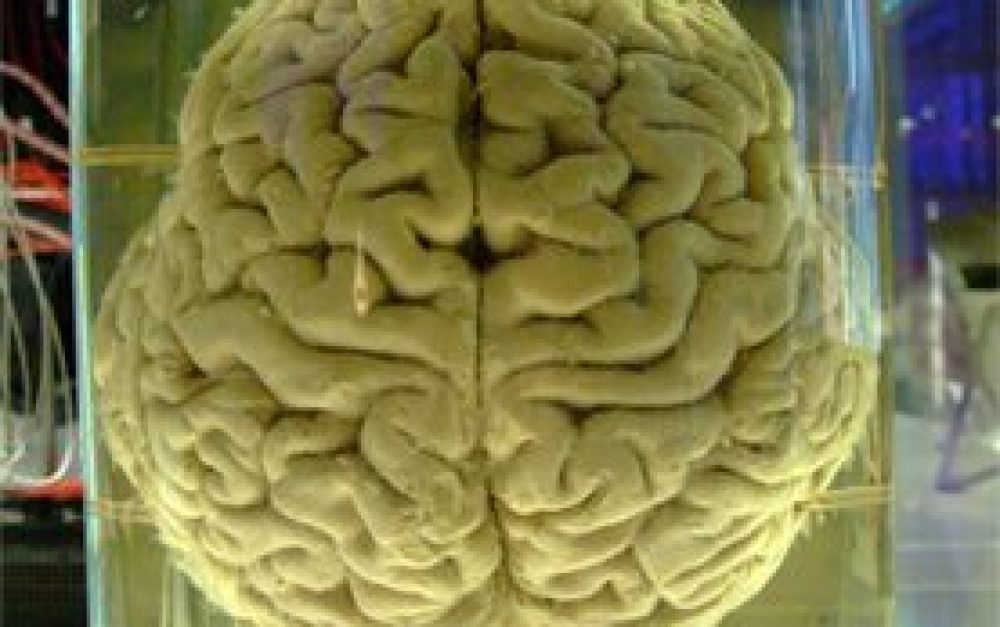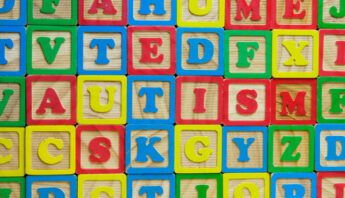So it looks like Congress is finally beginning to take a serious look at toxic chemicals and how they affect our health. This week they heard from advocates, health professionals and parents calling for stronger laws to protect children from dangerous chemicals. The Senate subcommittee hearing included participants in the innovative biomonitoring study: Mind, Disrupted.
Mind, Disrupted is an eye-opening project.
Twelve adults whose lives have been touched by a learning or developmental disability – either themselves or a family member – volunteered to have their bodies tested for toxic chemicals. Scientists looked for chemicals known to damage nerves or interfere with the proper working of hormones. They found them.
Mercury. Organochlorine pesticides. Perchlorate. BPA. Triclosan. The list goes on. Combined, a total of 61 contaminants were present in the bodies the study participants. Each person had at least 26 toxins, some many more. The chemicals studied are found in everything from baby bottles to frying pans, computers to hand soap, children’s toys to the vegetables served with dinner.
What does it mean? The study authors, from the Learning and Developmental Disabilities Initiative, aren’t claiming cause and effect. They’re just pointing out – in a very personal way – that we know these chemicals are in our bodies, and we know they can wreak havoc on the developing nervous system. Shouldn’t we be doing something about it?
Jeff Sell, Esq, one of the study participants, is Vice President for Policy of the Autism Society and father of twin teen sons with autism. His pitch to the Senators: “Given increasing rates of learning and developmental disabilities — particularly autism — we need to recognize that the rising costs associated with long term care of disability, special education and related health care will only continue to grow.”
Learning disabilities of all kinds – autism, ADHD, dyslexia – are on the rise in communities across the country. It’s a rare classroom that doesn’t have one child or more facing some kind of extra challenge. While there are questions about how to best measure the trends (are we diagnosing more cases?) there’s general consensus among health professionals that the increases are real.
A recent article in The Parent Paper summarizes why the numbers are a moving target, and what we do know. For example, CDC officials reported at the end of 2009 that autism rates have gone up 58% in the past three years. And in 2008 a group of concerned scientists issued a statement saying: “in general, disabilities (including disorders of learning, attention, emotional state and behavior) have increased significantly over the past four decades.”
Exposure to chemicals has also increased “significantly over the past four decades.” We now have a whopping 80,000 or so industrial chemicals on the market, along with more than 17,000 products registered for use as pesticides. Some of these chemicals damage the nervous system or otherwise interfere with normal development. Coincidence? Maybe.
The hearing this week in the Senate on “public exposure to toxic chemicals” is another step toward fundamental reform of the national law governing industrial chemicals, the Toxic Substances Control Act. A diverse and growing coalition of more than 120 groups, the Safer Chemicals, Healthy Families campaign, is pressing Congress to pass smart federal policies that can actually reduce our exposure to toxic chemicals.
Scientists are calling for action too: “The overwhelming evidence shows that certain environmental exposures can contribute to lifelong learning and developmental disorders,” says Ted Schettler, MD, MPH, Science Director for the Science and Environmental Health Network and Board Member for Pesticide Action Network. “We should eliminate children’s exposures to substances that we know can have these impacts by implementing stronger health-based policies requiring safer alternatives.”
Hear hear. Meanwhile, we do what we can at home: avoid anti-bacterial soaps, control pests without chemicals, buy organic when we can. For more ideas, see the “Limiting toxicity” section of the excellent article in The Parent Paper. Then keep that pressure on the politicians to fix our very broken system, and get a better one in place.
This post ran previously at MomsRising.org.








